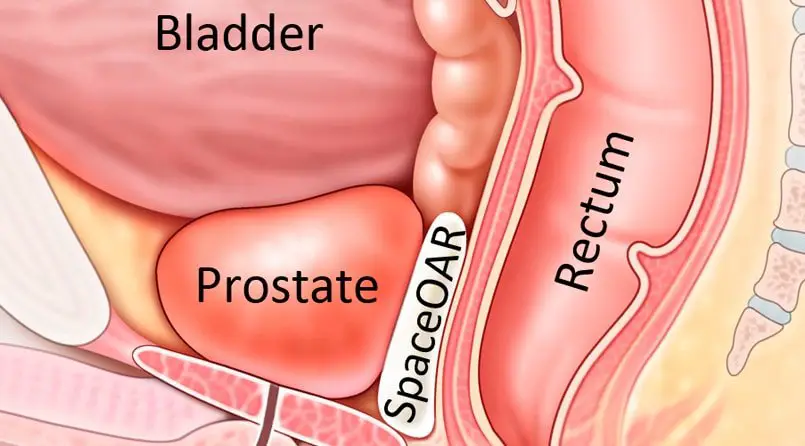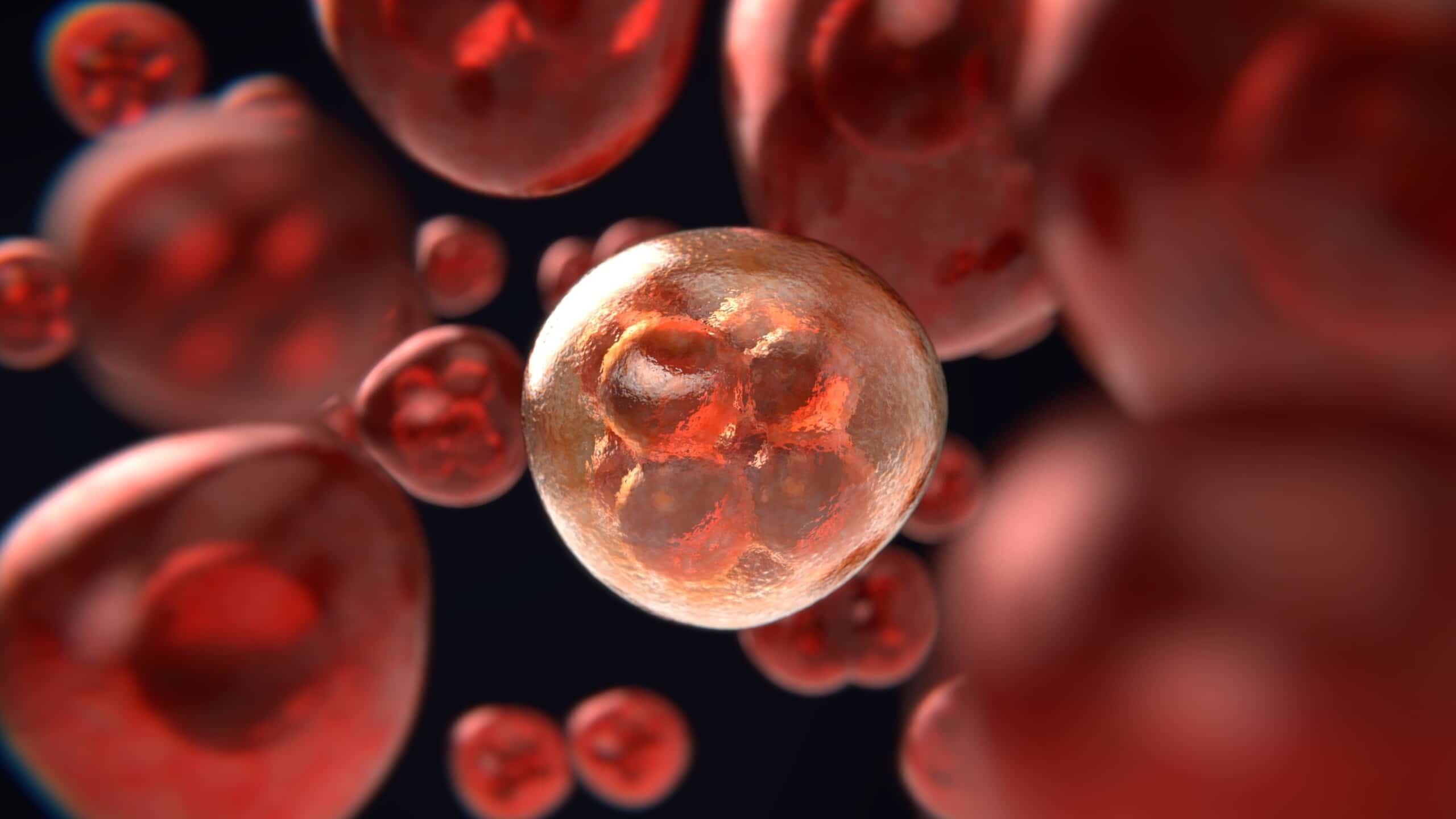Table of Contents
Do Women Have A Prostate- Find Out More!
If you are wondering Do Women have A Prostate or not, here’s everything you need to find out about prostate in women.
As a woman, you do not have a prostate, rather, there is a female version of this gland otherwise known as the Skene or paraurethral gland. You will see how the female prostate gland or Skene works internally and how the development of female prostate cancer takes place.
Let’s find out Do Women Have A Prostate or not.
Do Women Have A Prostate

If you are still wondering “Do Women Have A Prostate”? In short, the answer to your question is simply NO! If you already know what the prostate gland is you may know that functions primarily to secrete prostate fluid in men which is an important component found in semen.
However, in women, a part of the reproductive system is quite similar to a prostate gland in men. Small glands present on either side of the urethra and emerging from the urogenital sinus are known as Skene glands in females.
These glands form a link between the vagina and the urethra. This link is always open and only closes during the time of gestation. This is the time period when the baby starts developing until he or she is born. You already know it’s 9 months in humans.
Now that you know Do Women have A Prostate or not and what it is called in females, let’s have a closer look at what it does.
The function of the female prostate gland
Same as the prostate gland in men, the Skene glands release a district fluid that lubricates the urethral opening. Experts tell that this fluid has some antimicrobial properties which help protect the urinary bladder and tract from bacterial infections. It is still not known if the Skene gland drains into either side of the urethra, small ducts, or into the urethra itself.
It is believed that the male prostate gland helps store infections keeping them under containment till the time the body rejuvenates itself and gains the ability to defend other areas from the infections. It is speculated that Skene glands work and performs the same functions in female protecting other areas of the body from certain infections.
Female prostate Cancer
Now that you are quite familiar with “Do Women Have A Prostate” or not, you might be thinking of prostate cancer exists in females or not. The answer to this question is both Yes ad No.
technically, a female cannot develop this type of cancer without having an actual prostate. The skene glands are known to raise the growth of cancer cells, which affects the urethra, reproductive system, and bladder adversely.
Ejaculate protection known as PSA or Prostate-specific antigen is produced by the skene glands. When this protein is found in raised or elevated levels in mem, it could point towards the presence of cancerous cells in the body. This explains the reason why the prostate-specific antigen hormone also is present in women who are diagnosed with dangerous breast cancer.
This is the reason why the answer to the question “Do Women Have A Prostate cancer?” is still contradictory. When cancer developed in the Skene glands in females, it sort of imitates or mimics cancer in men.
Fortunately, prostate cancer is extremely rare and only seen in 0.003% of female genital cancers. It is usually seen in older women or post-menopausal women. The tumors priced at that age are small. Treatment may comprise of removal of the glands or radiation therapy.
Symptoms of female prostate cancer

Besides a spike in the hormone PSA, there may be symptoms or signs of prostate cancer in women to look for. As expected due to the presence of hormones, they mimic the same signs and symptoms that are present in men with prostate cancer. This includes frequent needs to urinate, pressure on the bladder, ad painful urination.
Some indicators of prostate cancer in women include soreness in the lower pelvis, painful sex, disrupted menstrual cycles, and itching around the vaginal opening. Because of how rare this cancer occurs, patients who have such type of cancer are often misdiagnosed with some other disease rather than cancer.
Prediacents or ailments within the female Skene glands are also left unchecked and undetected when the symptoms of female prostate or skin cancer fall in line with other diseases that are reproductive in nature. Few such diseases include Ovarian or uterine cancer, PCOS (polycystic ovarian syndrome), etc which are comparatively more common.
All the diseases given above cause abdominal aches, weight gain, irregular periods, painful sex, sluggish metabolism, pressure behind the pubic bone, etc.
Furthermore, the skene glands also tend to develop cysts, which might be cancerous or benign. They can be detected manually just with your fingers and feels like lumps around the urethra or vagina.
Keeping typical signs and symptoms of female prostate cancer aside, there are few more common indicators of cancer. This might also include hair loss, unexplained weight loss, fatigue, blood inside the urine, painful urination, ad generalized pain.
Diagnosis and treatment of female prostate cancer
Due to many challenges with the diagnosis of prostate cancer, the signs or symptoms of this cancer are oftentimes mistakenly connected to the underlying health conditions inside the urinary tract and reproductive system.
Unfortunately, the beginning stages of prostate cancer or cancer in the skene glands are asymptomatic, which means no symptoms will be sensed or felt by a female. Once the menstrual cycke is disrupted, you feel sick constantly, or sex becomes highly painful, know that cancer has reached advanced stages.
The treatments involved in treating female prostate cancer follow the same strategies used in other reproductive cancers. Radiation and chemical therapies are used in the beginning, if they are not successful in treatment and eradicating the tumors, surgery will be done to exercise the tumors.
Frequently the removal of tumors surgically takes place when the tumor is large and chemical destruction is also done simultaneously for smaller tumors.
If the cases are more severe, the organs containing cancerous growth are also removed. This might include the uterus, skene glands, ovaries, or the entire reproductive system that is total hysterectomy. Whenever the cancer present within skene glands is not diagnosed well ad treated in time, it is followed by bladder cancer.
Medical experts have given theories that female Skene glands cancer could be associated with a history of sexually transmitted infections. Similar to male prostates, the Skene glands act as guardians against harmful infections that travel across the reproductive system leading to other cancers and diseases.
Animal studies
Cancer in the prostate gland or Skene is rare. This is the reason it is quite difficult for the researchers to study the conditions as the cases are limited.
Instead, few animal studies show the same structure to humans. These studies show some instances in how the working of prostate glands takes place and how to responds to treatments for cancer.
Progesterone and estradiol are two essential hormones that regulate the menstrual cycle in women. They are also the key enzymes needed in female gerbils. This suggests that a similar relationship may exist in the reproductive system.
Cancerous or non-cancerous lesions are likely to appear in the prostates of older gerbils than the younger female gerbils. This indicates that age is one of the risk factors for cancer in the prostate or Skene glands in females.
Other similar conditions

As you have already read and gone through the names of certain conditions that may be mistaken as prostate cancer in women. Here is a brief overview of these conditions that you must know to understand prostate cancer better.
1. Infections
Prostatitis is a disease that leads to expanding the size and swelling of the prostate gland in males. In women, female prostatitis is diagnosed as a contagion in the urethra, but may truly be an infection of the Skene’s glands. Previously, this has been diagnosed as an infection of the urethra. Doctors are frequently informed that the female prostate can be a different site of infection that must be reviewed separately for treatment.
Untreated STIs or sexually transmitted infections may also spread prostate cancer. Some infections like gonorrhea often do not show any symptoms and are more likely to spread cancer to other areas in the reproductive system.
2. PCOS- Polycystic ovarian syndrome or diseases
In females with the developed polycystic ovarian syndrome (PCOS), reproductive hormones become out of balance. There is also normally an overload of male hormones. The extent of the female prostate seems to be larger in those women who already have PCOD.
Researchers have also noticed that female having PCOD has higher levels of PSA hormones. PSA levels rise may be a sign to diagnose PCOD.
3. Cysts
Cysts can arise on the Skene’s glands in females of all ages, even in newborn babies. Uncomplicated cysts can be diminished and will recover with no additional treatment.
4. Adenofibroma
An adenofibroma is a type of noncancerous tumor or growth. It’s principally found on glandular and fibrous tissue. In a case report about an adenofibroma of the prostate in females, the growth caused pain during intercourse. Surgery might be needed to remove the tumor and relieve pain.
Takeaway
You definitely know by now “Do Women Have A Prostate” or not, right? Many girls often have this question in their minds. Women have a female version of the prostate known as Skene glands. They generate the same hormones called PSA as male prostate glands do. Both are considered to have a significant role in the functioning of the reproductive system.
A few researchers assume that the female prostate has a part in sexual arousal, but this theory is highly controversial. Cancer and all other diseases that influence the female prostate are exceptional. The cases of these diseases may increase as research and new technology will expand the knowledge of the female prostate or Skene glands.
If you are exhibiting or sensing any of the symptoms given above of reproductive cancer, you must consult a doctor and talk to them about the conditions.


